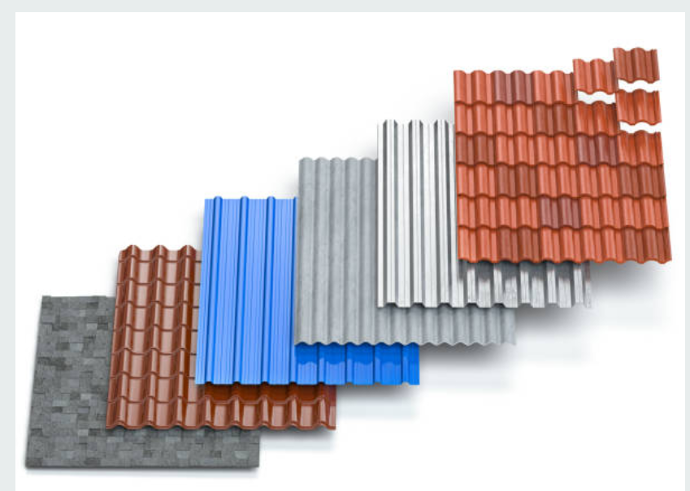
Choosing Materials
When choosing materials for your products, there are several important factors to consider. Here are five key considerations:
Functionality and Performance:
The chosen materials should meet the functional requirements of your product and deliver the desired performance. Consider factors such as strength, durability, flexibility, conductivity, temperature resistance, and chemical resistance. Assess how well the materials can withstand the intended use and any anticipated stress or environmental conditions.


Cost and Availability:
Evaluate the cost of the materials and their availability in the quantities you require. Consider the overall production costs, including procurement, transportation, and storage. If the materials are scarce or subject to price fluctuations, it may impact the stability and cost-effectiveness of your supply chain.
Sustainability and Environmental Impact:
Increasingly, consumers and regulatory bodies are emphasizing sustainability and environmental considerations. Evaluate the environmental impact of the materials throughout their life cycle, from extraction or manufacturing to disposal. Look for options that are renewable, recyclable, biodegradable, or have a lower carbon footprint. Sustainable materials can enhance your brand reputation and attract environmentally conscious customers.


Aesthetics and Design:
The materials chosen should align with the desired aesthetics and design principles of your product. Consider factors such as color, texture, finish, and visual appeal. The materials should complement the overall product design, enhance user experience, and create a positive perception of quality and value.
Safety and Compliance:
Ensure that the materials meet relevant safety standards and regulations for your industry and target markets. Consider factors such as toxicity, flammability, electrical conductivity, and any potential health hazards. Complying with safety regulations helps protect consumers and mitigates legal and reputational risks.

Remember that these considerations may vary depending on your specific industry, product type, and target market. It's essential to thoroughly research and test different materials to make informed decisions based on your unique requirements.